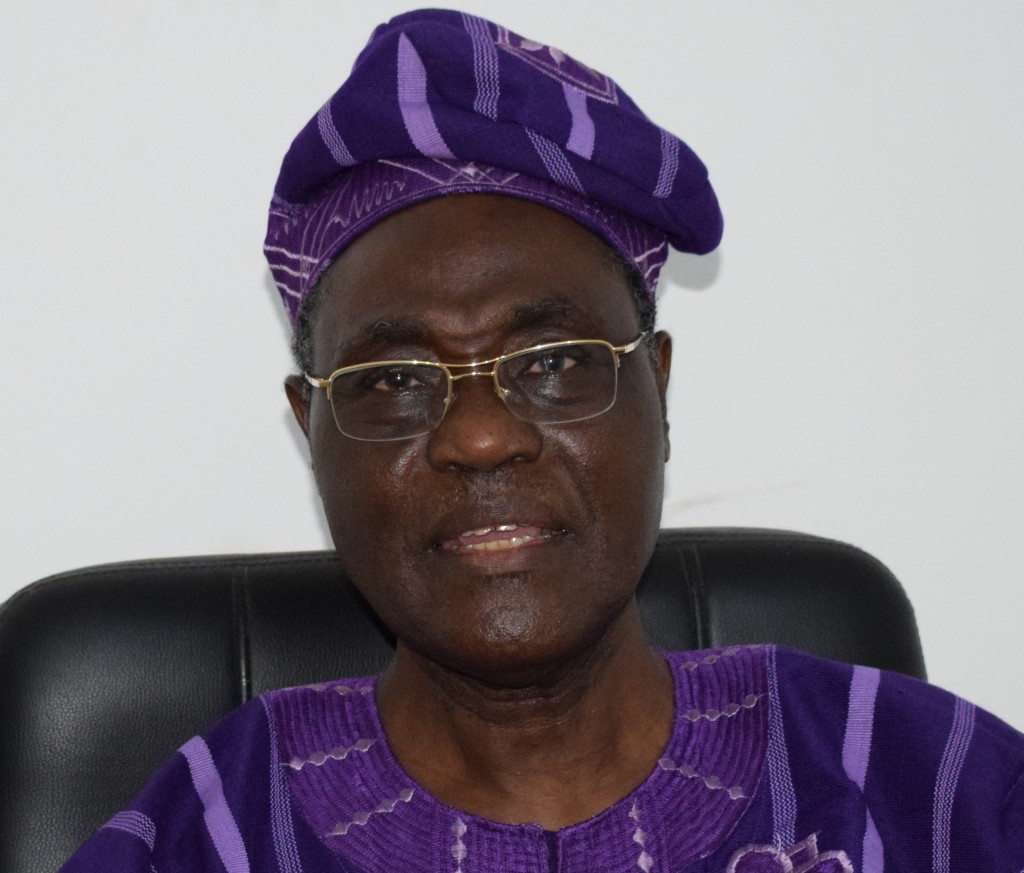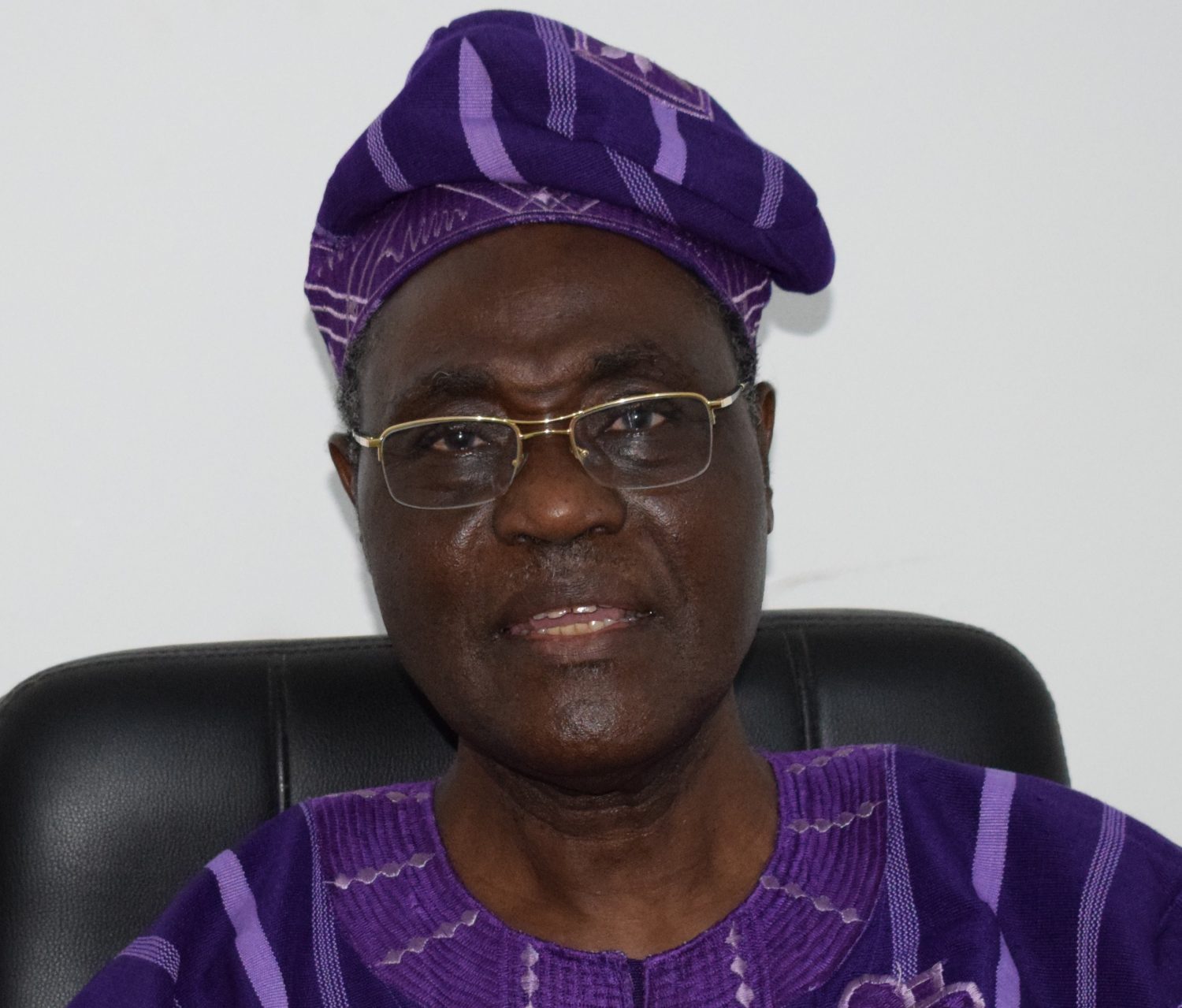Trump should first develop a good relationship with America itself

former Foreign Minister
BY KOLAWOLE ANTOINE IDJI
Legislator, former Speaker of the Benin Parliament
former Foreign Minister
I’d like to assess Barack Obama’s legacy on two levels: his contribution to the American society, to American politics and to world’s diplomacy on the one hand, and his specific contribution to Africa on the other.
Barack Obama’s election triggered a huge euphoria in Africa, amid hope that it would entail permanent changes in American politics towards the world in general and specifically towards Africa, and in the American society. Given the magnitude of these hopes—which were exaggerated after all—we can say that some people were somewhat disappointed.
The expectations were unreasonable because the president of the United States is probably like the Westminster Parliament. It can do everything, but it’s very hard to turn a man into a woman. Maybe it can be done today, but it’s extremely difficult.
Overall, President Obama has tried very hard to instill more justice in the American society, especially for the benefit of the community that expected the most from him—the African American community—and other minorities as well. Obamacare, for instance, was very important to this segment of the American society.
The significance of the election to the presidency of the United States of a man whose father came directly from Kenya, a man married to a black woman who served two terms as president of the United States of America is etched in stone in American history.
As far as U.S. relation with Africa is concerned, Obama has told us, African leaders, some memorable things, including the fact that we don’t need strongmen, but rather strong institutions. If those words were the only thing he ever had to tell Africans, that, in itself, is a lot. He told us it is wrong to cling to power, and that’s powerful.
The Obama administration has engineered a cooperation mechanism with Africa that is very important. Our concern with regard to the election of Donald Trump is that these positive contributions of the Obama administration might be terminated. Obama was a great leader for Africa, and also, in my view, for the American society. He was relentlessly criticized, which was expected. Most likely, when his critics look back later at his eight years in the Oval Office, they will realize that this man played a very important role in history.
Before we talk about what we want from the Trump administration for Africa, we should first and foremost hope that he will develop a good relationship with America itself. Because for him to stigmatize blacks, rehabilitate the “white power,” stigmatize Latinos, immigrants, Muslims and women, Africa should expect nothing from him. If this is the foundation of Trump’s beliefs that will propel his administration as the leader of the world’s number-one economic, military and diplomatic power, then the world would not have very peaceful days. So we hope that his rapport with the American society will be a little more balanced, and that the very harsh words we heard during the campaign will not all be implemented by his administration.
For Africa, first and foremost we want justice. The United States, as the world’s leading power, should make sure the world trade relations are more balanced in the context of the World Trade Organization. We want that same justice in the context of the relation between the United States and Africa. For instance, as far as the sale of our raw materials such as our cotton is concerned.
We want the continuation of existing American programs that allow the training of our youth in the U.S. so they can return home to contribute to their countries’ development. These programs should actually be enhanced. We are not asking America for a hand-out. We want a balanced relationship in dignity and in the mutual interests of the American and the African people.
__________________________
A legislator since 1995, now-retired Special-Class Plenipotentiary Minister and Ambassador, Kolawolé Antoine Idji has been among the longest-serving speakers of Benin’s parliament (2003-2007) since the country’s return to democratic rule in 1990. He also had one of the longest tenures as Benin’s foreign minister (1998-2003). He held the high-profile position of vice president of the collective of the opposition parties l’Union Fait la Nation (2011-2015). The following are just a few milestones in his fulfilling diplomatic and political career, after he joined the Foreign Ministry in 1976:
-
Benin’s Chargé d’affaires in Niamey, Niger (1982-1987)
-
Permanent Secretary at the Ministry of Foreign Affairs (1987-1995)
-
Freshman legislator (1995)
-
Minister of Foreign Affairs, Cooperation and African Integration (1998-2003)
-
Speaker of the Parliament (2003-2007)
-
Continued legislative career (2007-2015)
-
Coordinator of the collective of the opposition parties (2010-2011)
Speaker Idji is a graduate of some of the finest European schools where he earned the following degrees:
-
Advanced degree in Law, Université de Paris 1, Panthéon – Sorbonne, France (1975-1976)
-
Training in Diplomacy, Institut International d’Administration Publique, Paris, France (1974-1975)
-
Bachelor’s Degree in Law, Université de Fribourg, Switzerland (1973)
-
A degree in Journalism, Université de Fribourg, Switzerland (1969-1972)


